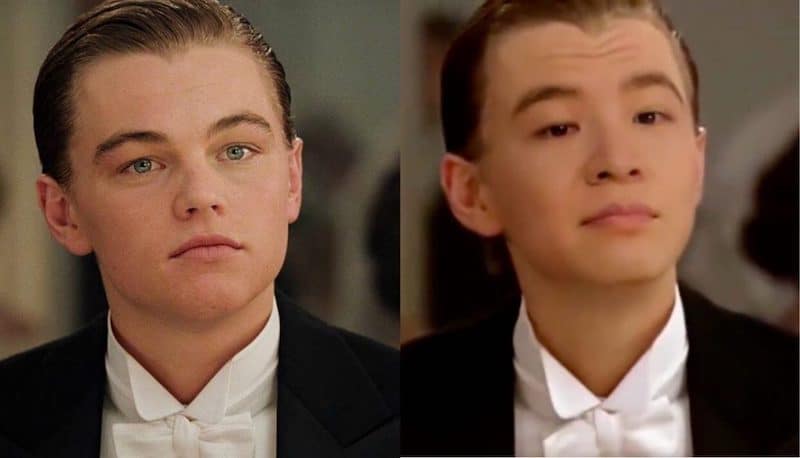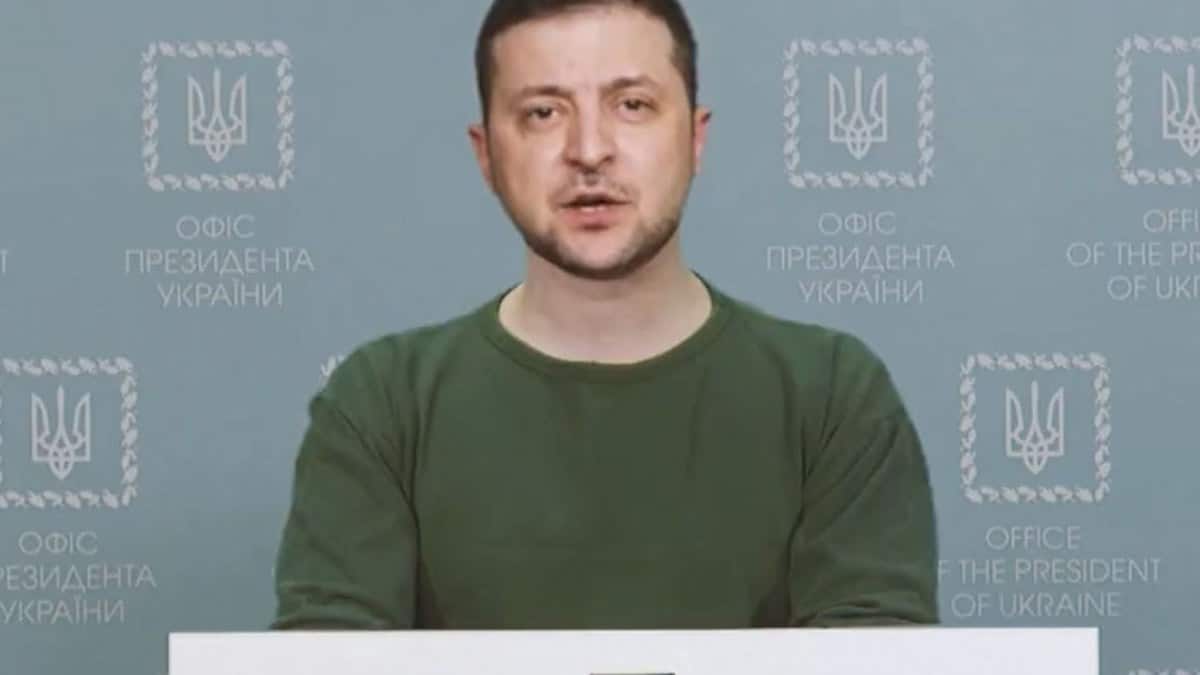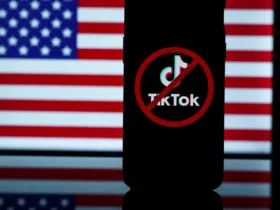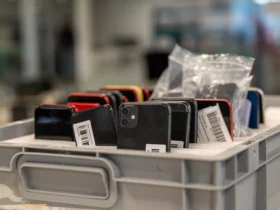The Reuters news agency obtained a document from the European Commission that has not yet been made public. According to the correspondence, the European Union would have prepared amendments to the EU Code of Conduct on Disinformation to make sure the big names in the industry – Google, Facebook, Twitter and more – are in the future responsible for publishing deepfake on their portals.
The reason for the EU hostility to deepfakes
In recent years, governments all over the world have recognized the nefarious potential of internet disinformation, a type of disinformation that is much more difficult to keep at bay due to its scope and coverage than its historical counterparts. From the manipulation of the US elections in 2016 to the odd idea that 5G towers could be the transmission medium of the coronavirus, passing from the disinformation on the war in Ukraine, the hoaxes spread on the web manifest direct consequences on the factual universe.
Specifically, the assault on the Capitol in Washington on January 6, 2021, accused of having been organized on social media, represented an icy shower. The US, which has always been a spokesperson for the ideology of free speech, has understood that letting the internet run itself on the basis of the economic interests of companies is not a good idea. Especially when these companies maximize their revenues by polarizing the opinion of the web. In short, the United States has revised its position towards Big Tech, all American, which in turn has allowed the European Union to intensify the planned interventions in the field of fake news and digital antitrust.
The deepfake system can be used to edit the lip of a video …
What are the new ones
The European “code of practice” was presented in April 2018, regulates disinformation and was adopted on a voluntary basis. However, things would be changing. Relying on the intercepted draft, the EU would include the Code of concrete examples of internet manipulation to keep an eye on, including deepfakes and the creation of fake accounts in the category.
“Affected signatories will adopt, enforce and implement clear policies on unauthorized manipulative behaviors and practices on their services, based on the latest evidence on conduct, tactics, techniques and procedures employed by malicious actors,” reveal the papers according to Reuters.
Why the new EU position on deepfakes matters
When dealing with voluntary codes, the effectiveness of the action-reaction phenomenon is usually not always reliable. Wanting to quote a well-known pirate film, “The Code is more a sort of trace than a real regulation”, or at least it was. The European Union would indeed intend to firmly link the fight against disinformation to the rules dictated by the Digital Services Act (DSA)a draft law that has been agreed in recent months by all Member States.
The DSA has yet to receive the approval of Parliament and Council and there is a good chance that its contents will be fixed before the final presentation, however right now it is expected that a number of Big Tech will be subject to laws and it will be necessary to note how the controversial contents are exploited to generate traffic, they will also need to explain what methods are used to combat fake news. The extremes to fall within the new legislation are still to be defined precisely, but they will certainly include the so-called Big Five – Google, Amazon, Meta, Apple and Microsoft – and should also touch social networks with more than 45 million active users.
 ..but it generally lends itself more to photomontages than anything else.
..but it generally lends itself more to photomontages than anything else.
The consequences of the DSA
Companies that do not meet the requirements of the DSA may be fined up to 6% of their global turnover via “dissuasive sanctions”, moreover the sanctioning procedure will no longer be followed by the supervision of individual nations – as happens instead for the GDPR -, rather it will be nuclearized on an agency directly controlled by Brussels. However, the repercussions of the actual implementation of the Act are still a matter of lively discussion.
For the currently published proposal, the individual Governments will determine which Internet contents are judged illegal and there is a widespread fear that this approach could simplify state censorship, especially in the cases of those countries that are more prone to authoritarianism. Not only that, linking the Code of Conduct directly to the DSA could push digital distributors to forcibly remove some services from the European market, so as to ensure that they are not attackable upstream. If it may seem absurd, keep in mind that recently Activision Blizzard decided not to distribute the Diablo Immortal videogame in the Netherlands and Belgium, in order to avoid local rules on loot boxes right away.














Leave a Reply
View Comments